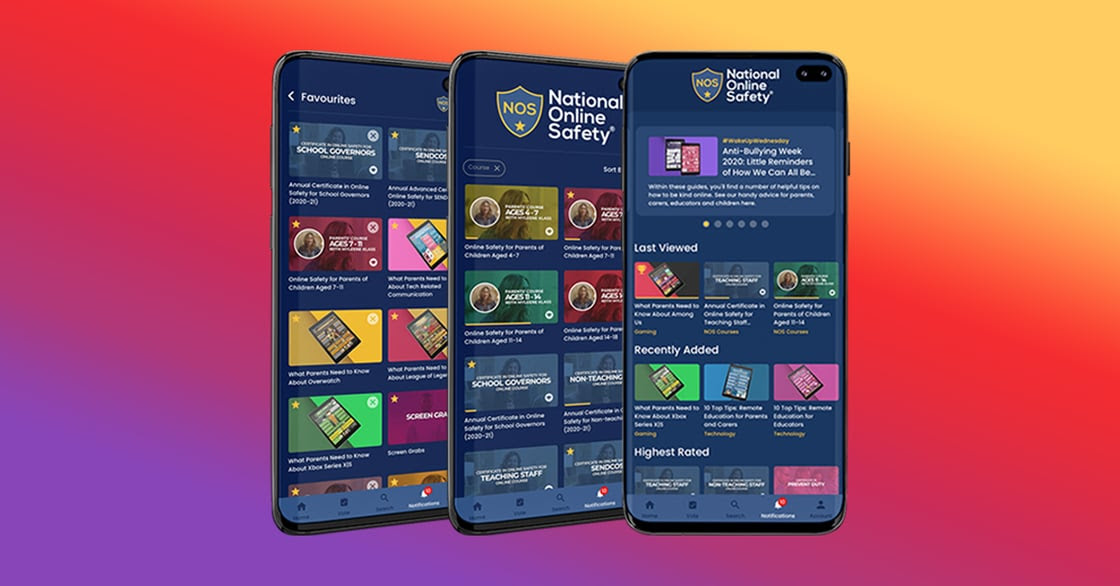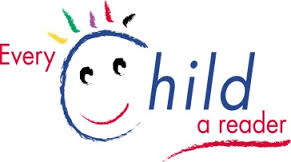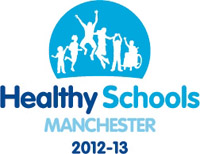Online Safety
The Internet has become an integral part of children’s lives, enabling them to talk to their friends, complete school work, play games and access information from around the world. Increasing provision of the Internet in and out of schools brings with it the need to ensure that children are safe.
Internet development is constantly evolving with many websites enabling amazing creativity and interaction between peers.
Unfortunately, there are times when Internet use can have a negative effect on children. Crosslee Community Primary School is aware of the potential dangers and takes measures to ensure safe usage by all.
This area of our school website is dedicated to helping users better understand the issues around online safety and manage the risks more effectively.
Teaching Safe Use of the Internet and ICT
We believe that it is crucial to teach pupils how to use the Internet safely, both at home and at school.
The main aspects of this approach include the following five SMART tips:
Safe - Never give out personal information to strangers on the internet
Meet - Never ever meet up with a stranger you've met online
Accepting - Don't open emails from people you don't know
Reliable - Don't believe everything you read online, check your facts!
Tell - If you have an online safety problem make sure you tell someone
At Crosslee we teach online safety through curriculum subjects such as PSHE, RSE and Computing. We also teach online safety through themed events such as Safer Internet Day and Mental Health Week. When online safety is taught discretely, class teachers use the lessons from National Online Safety.
The National Online Safety lesson plans are directly aligned to and support the:
- UKCIS Education for a Connected World Framework
- DfE Relationships Education
- DfE Teaching online safety in school guidance
Based on the 8 topics outlined in the UKCIS Education for a Connected World Framework, the lesson plans cover:
- Self Image and Identity
- Online Relationships
- Online Reputation
- Online Bullying
- Managing Online Information
- Health, Wellbeing and lifestyle
- Privacy and Security
- Copyright and Ownership
Online safety at home
At school we take the safety of our pupils very seriously including their safety while they access the internet, we want this approach to e-safety to spread to the home online environment too and we are therefore sharing with you some tips and resources to help you guide your children and help you keep up to date in a digital world. Here are a few websites to help you keep your children safe on line:
NSPCC https://www.nspcc.org.uk/
Thinkuknow https://www.thinkuknow.co.uk/
CEOP https://www.ceop.police.uk/Safety-Centre/
Childnet https://www.childnet.com/young-people/4-11-year-olds/get-smart/
Digital parenting https://www.vodafone.co.uk/mobile/digital-parenting
Internet Matters https://www.internetmatters.org/
If you have any concerns or worries about your child and online safety and would like further advice, please contact a member of the safeguarding team.
Crosslee Community Primary School Safeguarding Team
Miss Crew – Designated Safeguarding Lead
Mrs Wadsworth – Deputy Safeguarding Lead
Miss Roberts – Assistant Head Teacher
Ms Dickson – SENDCo
Ms Rushton – Home School Liaison Officer
Mrs Cavanagh – Early Years Outreach Worker
Miss Mack – Behaviour and SEND lead teaching Assistant
National Online Safety Parent Guides
Click on any of the parent guides below to find out more information on how you can keep your child safe online.
More information on how to keep your child safe online can be found on the National Online Safety app.
|
|
.png?width=1200&upscale=true&name=NOS%20Samsung%20S20%20Ultra%20Left%20V1c%20(3).png) |
|
Hello,
We're excited to announce that our FREE mobile app for parents is now available to download via your app store: |
 |
 |
|
The app makes our award-winning resources even easier to use by giving you free access through any smart phone. It’s a simple and flexible way to get authoritative, helpful guidance on online safety issues – whenever and wherever you choose.
On the National Online Safety app you'll find:
|
 |





.png)
